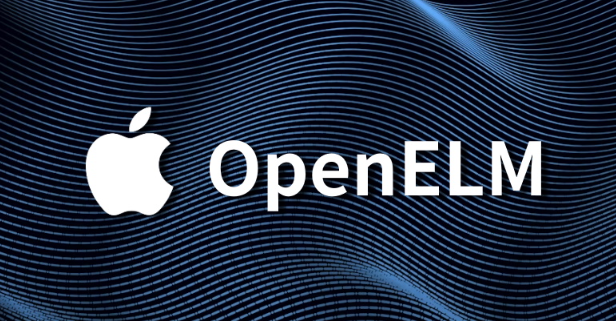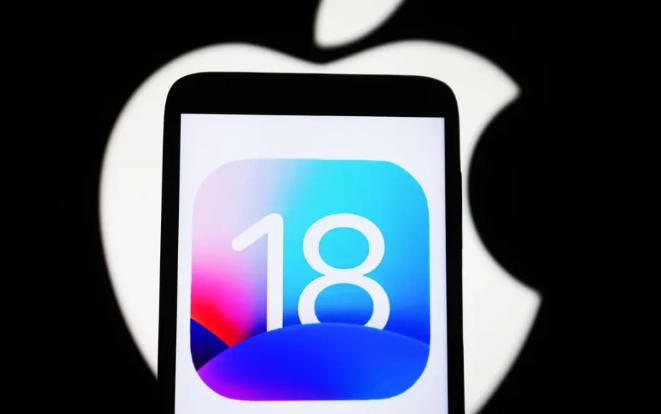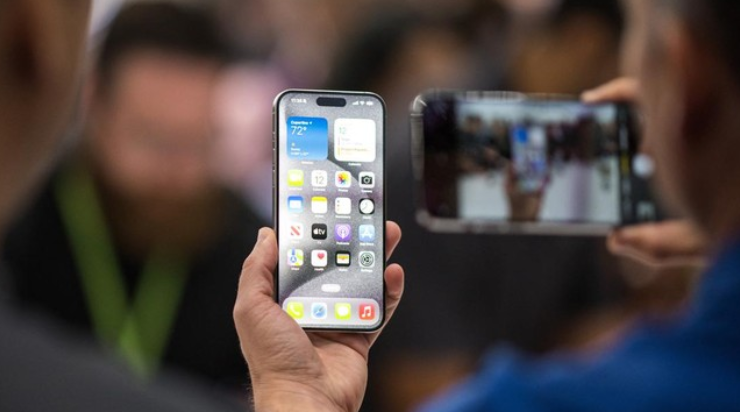Malicious Spyware Threatens iPhone Users in 98 Countries
Morrissey Technology – iPhone users are once again the target of a terrifying spyware attack. Apple has issued a warning to iPhone users in 98 countries. In its latest alert, Apple did not reveal the bad actors involved in this latest attack or the list of countries where users received the alert. Since 2021, Apple has sent similar warnings to iPhone users in more than 150 countries.
“Apple detected that you were the target of a paid spyware attack that attempted to remotely compromise the iPhone associated with your Apple ID -xxx-,” Apple said in a warning received by affected users, as quoted by TechCrunch.
“This attack may target you specifically based on who you are or what you do for a living,” he continued.
Apple says it’s difficult to get complete certainty about detections like this. However, they are very confident about the warnings issued and ask users to take them seriously. iPhone users in India were among the group that received the warning. Last October, a number of journalists and politicians in India also received the same warning.
Not long after, they reported the discovery of Pegasus spyware on an iPhone belonging to a well-known journalist in India. This spyware made by the Israeli company NSO Group is considered vicious because it can infect and access all personal data on an iPhone via a zero-click attack. Just by receiving a special SMS, without even opening or clicking any link, this spyware infiltrates the iPhone without the user’s knowledge.
In its warning, Apple emphasized the highly sensitive nature of its threat detection methods. Therefore they cannot provide too detailed information for fear that it will be exploited by cybercriminals to avoid detection in the future.
Apple will of course immediately try to patch the security gaps that have been found. To avoid further attacks, iPhone users who have sensitive jobs such as journalists and politicians are asked to activate Lockdown mode.







